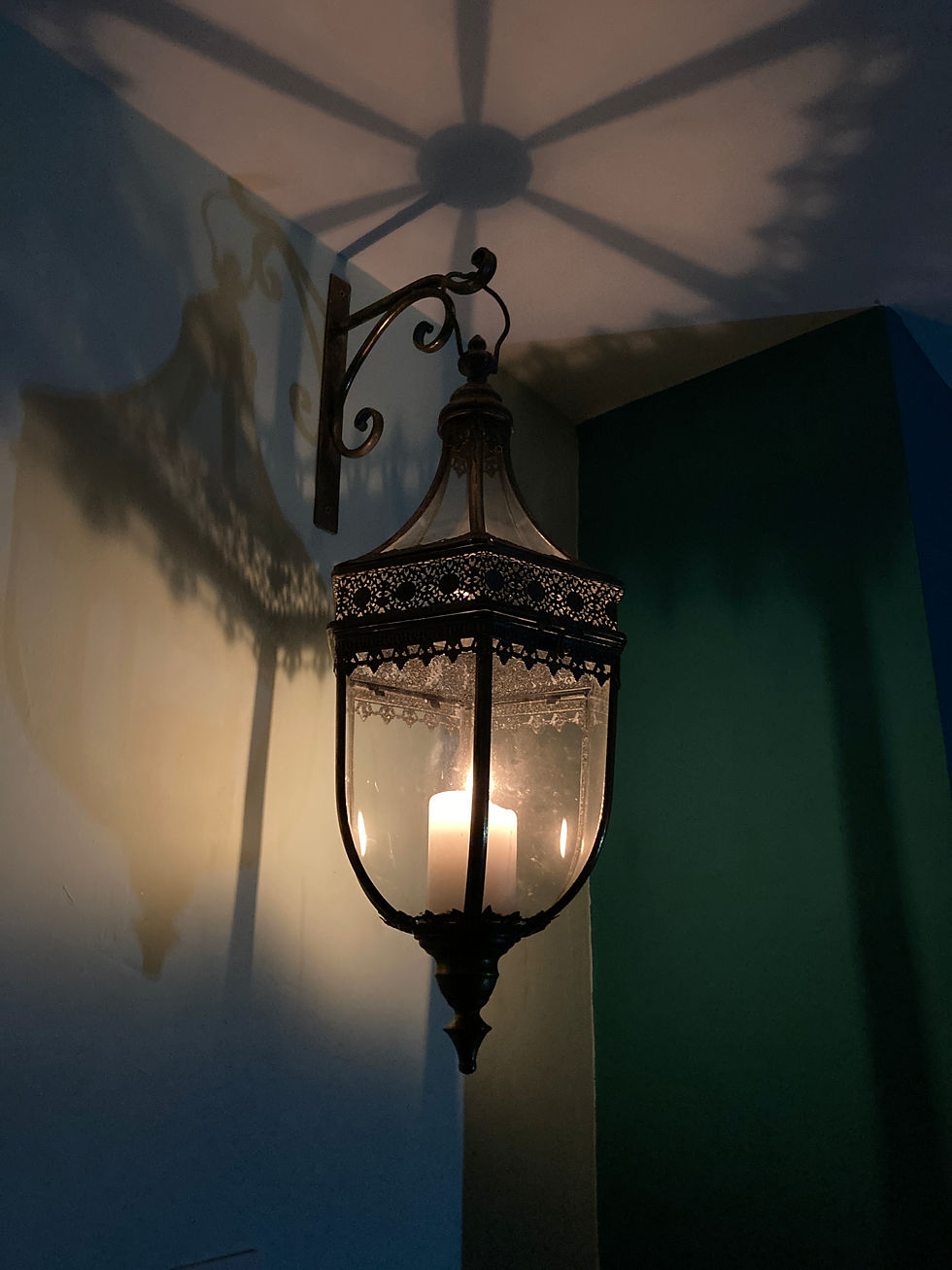The silence is deafening
- Chris Jackson

- May 24, 2021
- 4 min read
This weekend two high profile organisations found themselves at the centre of the news agenda, not just at home, but internationally. Both acquitted themselves badly, either by not speaking or trying desperately hard not to mention the one thing that was on everyone's mind.

Step forward my former employer - the BBC and Ryanair.
I'll disect those two examples in a moment, but they are part of general malaise where an obsession with protecting a brand causes more harm than good.
I used to sigh whenever I got in touch with an organisation and instead of speaking to a press officer I would discover their actual job title was now something like "reputation manager".
What it told me was that organisation's default mode had become defensive. That demoralising job description changes the focus from proactively singing and dancing about your achievements to spending a lot of energy spotting where the next negative comment is coming from - most likely social media - and ensuring any incoming flak is swiftly intercepted and neutralised. When mishandled it can so easily backfire.
Don't get me wrong, of course a press officer or PR person is there to make sure their organisation smells of roses rather than manure (unless you're a manure manufacturer in which case even the sweet smelling roses need you). But, in a crisis saying nothing or omitting basic truths can be more damaging to the organisation than the actual damage it is trying to limit. The public aren't stupid.
So to this weekend's examples: The Beeb has stumbled in the past but the revelations in the Dyson Report have been truly shocking. Apart from a short pre-recorded clip of the DG when it first broke, there has been silence. Deafening silence. Andrew Marr, BBC News, the Today programme have all been left saying "we asked the BBC for an interview but no-one was available".
I'm sorry, but this story did not come out of the blue. The report was commissioned by the BBC and so its release was no sudden surprise. The corporation has a raft of 6-figure salaried executives - enough to have one of them on-call each day for several weeks, so the idea that the BBC was not able to field someone to explain to licence-fee payers what has been going on is about as believable as a forged bank statement.
As a former journalist at the corporation I am disheartened that the unforgivable Panorama episode 25 years ago has tarnished the reputation of thousands of honest, decent and exceedingly hardworking BBC employees. But to make matters worse, today's management have retreated to the bunker and refused to face an interview. That gives its critics an even bigger stick to beat the broadcaster with but, more importantly, it further undermines those BBC journalists.
When I worked for the BBC as an investigative reporter we'd reveal some untoward activity by an organisation or institution and often they'd release a statement rather than face the cameras. That's their choice of course, but viewers could draw their own conclusions about why they were "not available for interview".
The problem now is that by staying stumm BBC executives have now ceded that moral highground and it is their staff that will pay the price.
It can be thrown straight back in the face of any BBC journalist now trying to hold someone else to account. That is very damaging.
Meanwhile over at Ryanair the press office decided that it needed to tweet something about the headline grabbing diversion and forced-landing of its flight at the hands of an armed military jet in Belarus. What could have been an outpouring of positive support for the airline was neatly turned into an own-goal. What they published was a bizarre statement that ignored the elephant in the room.

The rest of the world was in shock at how a supposed bomb threat had been used in a state-sanctioned operation to get hold of Roman Pratasevich, a political opponent who was on board. Yet Ryanair merely apologised for a "regrettable delay" noting the precise departure and arrival times of the aircraft as if anyone actually cared about the flight's punctuality target. Of the "diversion" it gave a very matter of fact account saying Belarus authorities "cleared the aircraft to depart together with passengers and crew". No mention that one of its passengers had actually not departed.... he'd been detained in what world leaders were condemning as an international state-sponsored hijack.
That tweet came 3 hours after the British Foreign Secretary was already raising public concerns about what had been going on in Minsk.

I don't expect an airline to embroil itself in international politics, but to ignore the one thing everyone is talking about gave the impression that its passengers really don't matter.
It took the airline 15 hours to put out another tweet condeming what happened as an act of aviation piracy.
I'm sure Ryanair do care about their passengers, but their press office doesn't appear to realise that by self-censoring the news that everyone else is already talking about it was inflicting unneccesary reputational damage on the brand. And before you say it, I know Ryanair is not averse to courting bad publicity, but this really could have been played for the positives.
The truth will always come out in the end. In the BBC's case it took 25 years. Being open and honest right at the start is what enhances a reputation, even in a crisis.









Comments